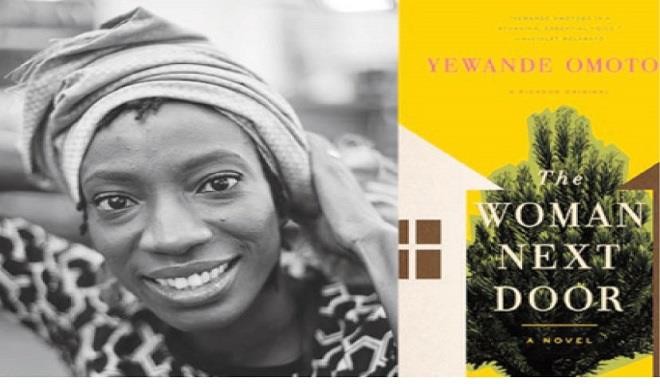10 essential African novels
Yewande Omotoso In Omotoso’s charming and incisive The Woman Next Door, two Cape Town women, one black and one white, are neighbors who discover after 20 years of exchanging digs and insults that they might help each other. Omotoso, who has lived in South Africa since 1992, picks Sefi Atta’s novel about a woman returning […]


Yewande Omotoso
In Omotoso’s charming and incisive The Woman Next Door, two Cape Town women, one black and one white, are neighbors who discover after 20 years of exchanging digs and insults that they might help each other. Omotoso, who has lived in South Africa since 1992, picks Sefi Atta’s novel about a woman returning home from London to Lagos, and Fiston Mwanza Mujila’s haunting Tram 83.
9. A Bit of Difference by Sefi Atta – There is a way in which the details of this book imbue all the characters, from the major to the walk-ons, with an exuberance that means they live beyond the page. After living in London for many years and working as a financial expert for an international charity, 39-year-old Deola Bello returns home to her ultra-wealthy family in Ikoyi, Lagos, on the occasion of her father’s five-year memorial service. But there is also a listlessness to her life that makes the homecoming all the more portentous. The novel seems to move on the engine of anecdotes. Back home, Deola’s mother nags her about the lack of grandchildren; through the lives of Deola’s sisters-in-law we observe the sober realities of patriarchy. In a precise and blistering scene, Atta gives a picture of the Lagos elite: “Nigeria is where they are called ‘Madam’ and treated with respect. They pass on their sense of entitlement to their children through estates. They are Nigerian Tories.” The tone is wry, often caustic, but also humorous and moving. I enjoyed the unabashed presence of opinions and I got the sense that Atta doesn’t feel the need to disguise ideas and debate in fiction, that for her (and I am thankful for this) they are one and the same.
10. Tram 83 by Fiston Mwanza Mujila – Tram 83 is a bar in an unnamed African country, possibly Lubumbashi, Democratic Republic of the Congo. A bar to rival all bars, perhaps the most intriguing and heart-breaking of bars I’ve ever come upon in a novel. At the entrance to the watering hole is a sign: “ENTRY INADVISABLE FOR THE POOR, THE WRETCHED, THE UNCIRCUMCISED, HISTORIANS, ARCHAEOLOGISTS, COWARDS, PSYCHOLOGISTS…” and the list continues. This novel is full of lists, repeated unanswered questions and really long sentences. There is a playfulness in the words, an effective carelessness that reveals the painstaking poet. The story of two friends, Lucien the writer and Requiem the crook, is told through their antics and conversations, the style frenetic. You could read Tram 83 as a ridiculous comedy or as a Kafkaesque tale. You could read it as bleak political commentary, that the “City-State,” somewhere beyond, has failed but also the world has failed, and people (men) come to Tram 83 to recover from their “bogus lives.” I was abraded by the fact that nearly all the women in the story are selling their bodies, only ever (thinly and rather brutally at that) characterized as the purveyors of sex. Beyond the brilliant and seductive riffs, I found this story problematic at times but also satisfyingly haunting in its juggling of depravity and hope.
Source: publishersweekly.com
